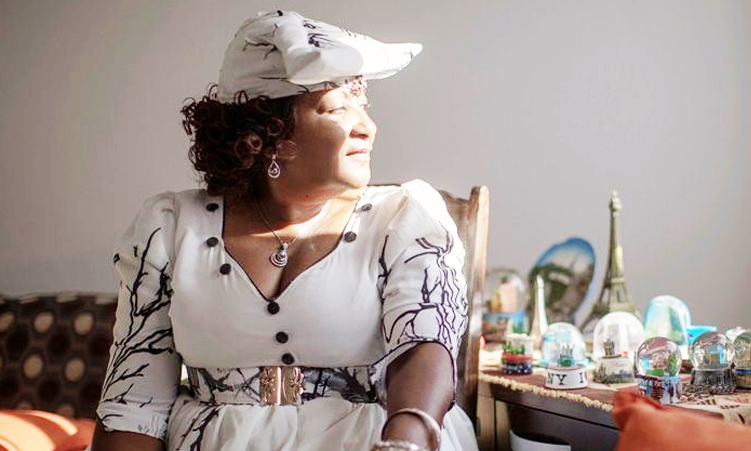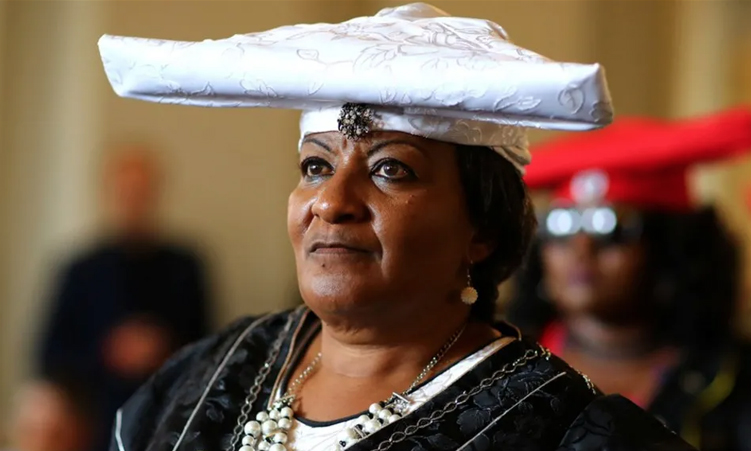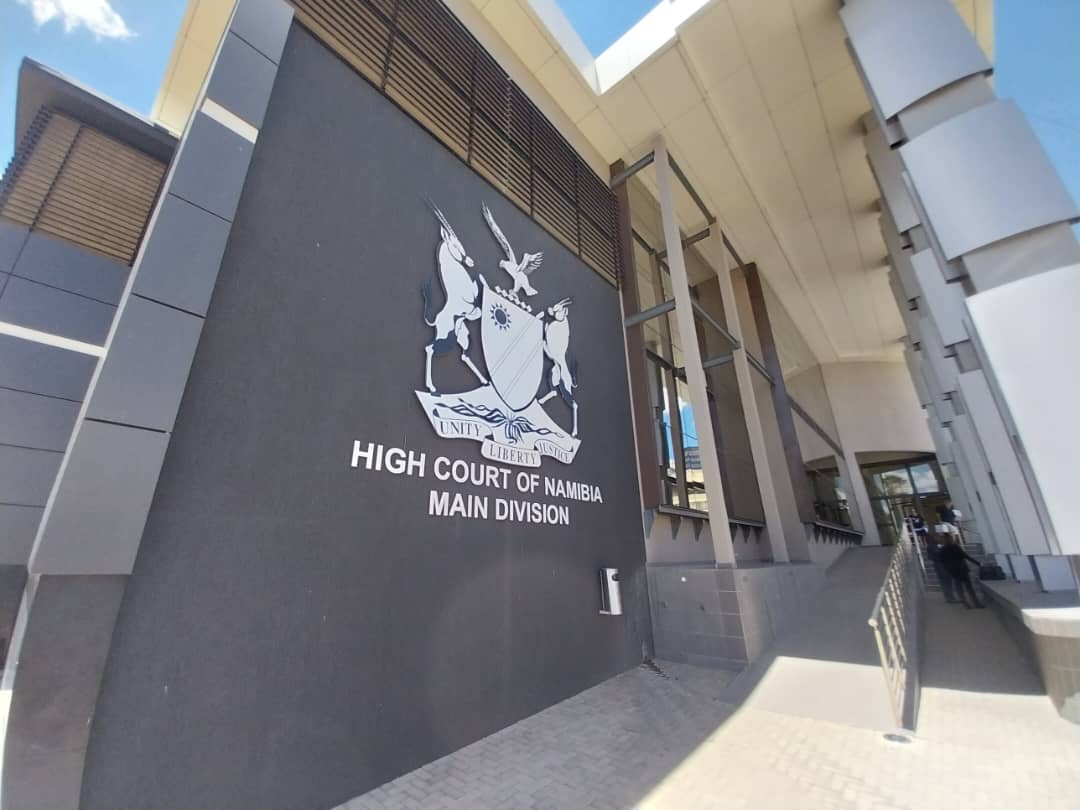Health and social services deputy minister Esther Muinjangue has highlighted certain harmful cultural norms like otjiramue practices as possible reasons for the country’s alarmingly high child rape cases.
Muinjangue was discussing the importance of family and society in protecting children against harm on Desert Radio yesterday.
“It is very unfortunate that sometimes those that are expected to protect children are now the ones that are committing rape crimes against the children,” Muinjangue said.
Her assertions come after a father was arrested last week for the alleged rape of his biological son from 2018 to February 2024 in Windhoek.
According to the weekend crime report, the man was arrested along with his mother.
The two appeared in the Windhoek Magistrate’s Court and remain in custody pending a bail hearing which began yesterday and continues today.
Otjiramue refers to instances where cousins may marry each other or are allowed to be in a relationship.
National Unity Democratic Organisation (Nudo) president and parliamentarian Muinjangue, who is also a social worker, said while the otjiramue cultural belief is widely accepted in Namibia, it has sometimes been abused by those with bad intentions.
“You will see a parent telling their child to go to their omuramue (cousin) and the child might be hesitant to go to this person and they will be told that they mean no harm and even if they did, they are their omuramue. We need to approach them very carefully and sensitively, so that they do not think that we are against their norms and cultures,” she said.
Muinjangue further said these beliefs can sometimes lead to social ills, including rape.
She highlighted the evolving nature of sexual violence and the critical need for societal intervention.

“The definition of rape has substantially changed since the 20th century. In the past, it was mainly between adults but today it predominantly involves children – both girls and boys. This social evil has become a grave concern.”
She emphasised the importance of age-appropriate communication about such sensitive issues, underscoring the necessity for parents to adapt their approach based on their children’s age.
“The way you talk to a three-year-old is not the same as you would to a 13-year-old,” she said.
“We need to teach our children that anyone touching you in any way that makes you uncomfortable must be reported.
But nowadays, unfortunately the person that you should trust who is supposed to be your father or uncle, the one who is supposed to be protecting you, is the one doing things to the children,” she said.
Muinjangue said parents sometimes contradict themselves and confuse children with mixed messages.
“The one moment, we are saying don’t talk to strangers, then the next moment we ask them why they are not greeting an uncle they are not familiar with.”
Muinjangue urged all social workers, psychologists and those involved in the protection of children to start having weekend camps with parents to teach them how to communicate with their children about sexually inappropriate behaviour.
Two years ago, The Namibian quoted Peter Kazongomuinja, who is vying for the Nudo presidency, saying the otjiramue practice is beneficial in combating rape.
“So, I do not have the need to go back to unnecessary things [rape], because the otjiramues are there and some of them are very pretty, so that I can look at them. And it is helping me avoid doing this damage… [rape],” he said.
According to the Office of the Ombudsman acting children’s advocate Ingrid Husselmann, children have the right to be protected from abuse, neglect and exploitation and have the right to development and survival.
“What this means in practice is that children have the right to be educated on sexual education and the right to be empowered.
And that just means as a parent, you would want to have a line of open communication with your children from a very young age and teach them that they have the right to say no and to speak up when they are uncomfortable around certain adults,” she said.
Husselmann further emphasised that sexual harassment does not happen in a vacuum.
“People do not just start abusing children overnight, there is a process of grooming that takes place, sometimes a very long time before the sexual abuse is perpetrated on a child.”
Stay informed with The Namibian – your source for credible journalism. Get in-depth reporting and opinions for
only N$85 a month. Invest in journalism, invest in democracy –
Subscribe Now!









